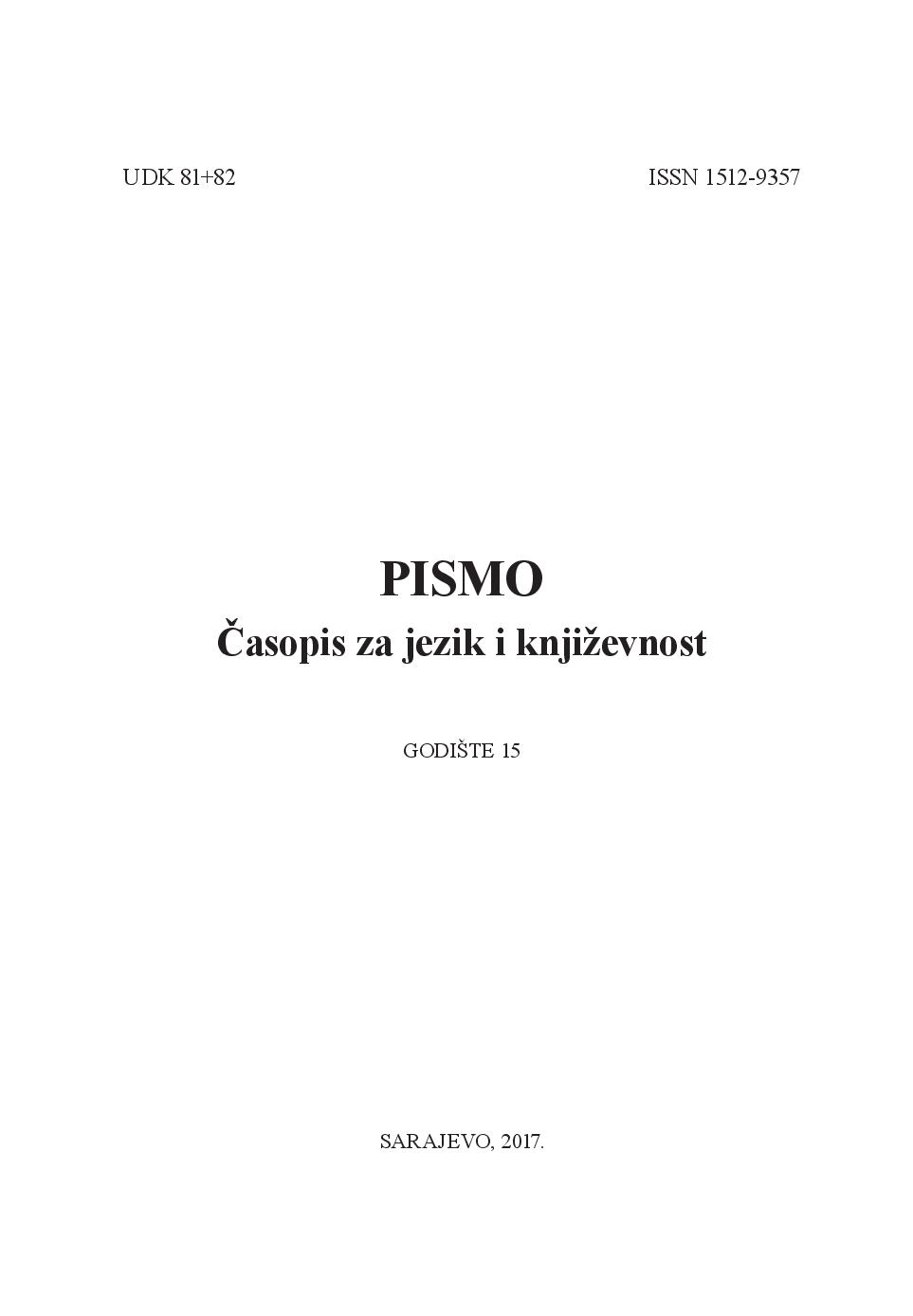Modifikacija značenja rečenice u Kurʼanu
Modification of Sentence Meaning in the Qur’an
Author(s): Mustafa JahićSubject(s): Theoretical Linguistics, Applied Linguistics, Islam studies, Syntax, Stylistics
Published by: Bosansko filološko društvo
Keywords: Arabic language; modification; qayd; side words; grammar; stylistics;
Summary/Abstract: The modification (qayd) or supplement (takmila) of the meaning of the subject (musnad ilayhi) and the predicate (musnad) or the subject-predicate relationship (isnād) is a special topic in Arabic grammar and stylistics. The secondary parts of the sentence within the framework of the stylistic discipline ‘ilm al-ma’ānī (the science of meaning) are treated as modifiers and are used to limit, narrow, specify or supplement the meaning of the main or primary parts of the sentence (‘umda). This type of modification is also present in the Qur’an, especially in matters of performing, defining, interpreting and commenting on Qur’anic rules and regulations, and it is also significant in other Islamic theoretical sciences. The modifications discussed in this paper is mainly achieved by: the apposition (tawābi’), the object-supplements (mafā’īl), the qualifier of the circumstance or the state accusation (ḥāl), the accusative of the specification (tamyīz), the substitution of separation (ḥamīr al-faṣl) and conditional sentences. Depending on whether they relate to a noun when it is in the position of the subject and to the predicate or to the verb when it is in the predicate position, these modifications are also treated as noun and verb word modifiers. In the first case, the modifiers modify the meaning of noun words in the attribute manner, while in the second case they modify the object of the word or the adjectival meaning of the verbs. The Arabic grammatical tradition pays special attention to conditional sentences, their structure and meanings, pointing out that the modification of the predicate relationship (isnād) can be achieved by this type of sentence which, given the possibility of realizing the action of the main sentence, is divided into real, possible and unrealistic conditional sentences.
Journal: Pismo - Časopis za jezik i književnost
- Issue Year: 2017
- Issue No: 15
- Page Range: 72-93
- Page Count: 22
- Language: Bosnian

